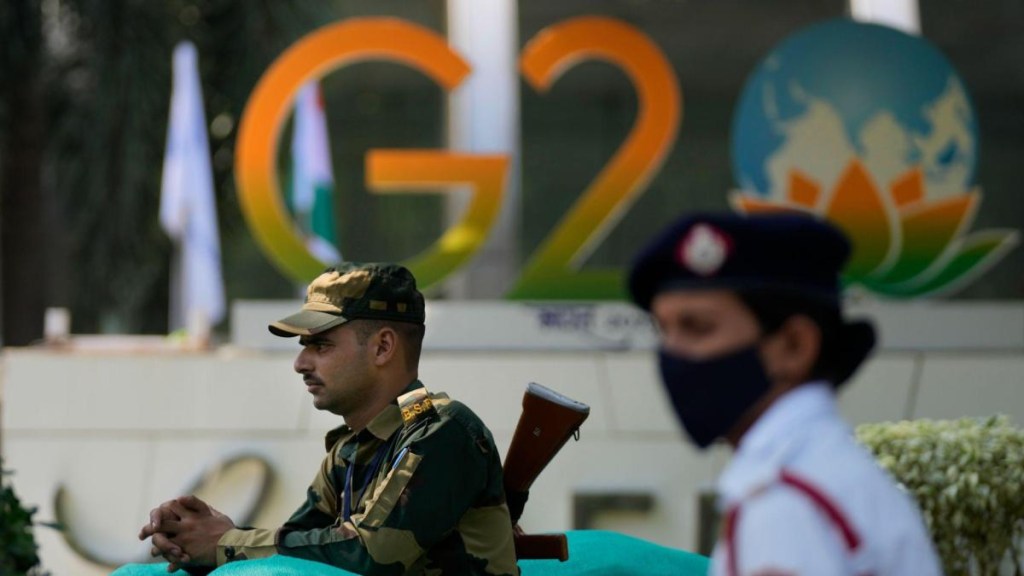The quickness with which the unanimous G20 New Delhi Leaders’ Declaration was adopted at the 18th summit in Delhi with a willing commitment to forswear war and “territorial acquisition” is a clear reflection of the world’s desperation for peace and its recognition that there’s only a shared future. The heartening thing is even a nation (Russia) that is at war has agreed to this prescient formulation. With the induction of the 55-country African Union, G20 now consists of 97 nations, and the declaration has struck all the right notes. If the 1975-born Group of Seven rich nations (G7) prided itself in its exclusivity, the G20 is clearly and irreversibly for greater inclusiveness.
Formed in 1999 after the Asian financial crisis, it was upgraded to the level of heads of state/government in the wake of the global financial crisis of 2007. Soon followed the first Leaders’ Summit in Washington in 2008, which was successful in avoiding catastrophic fallout of the crisis. The G20 now represents more than three-fourths of the world’s population, close to 90% of the world GDP, and is really “a global forum.” The richer nations, faced with an intractable growth problem, are more acutely aware now that without supporting the poor and low- and middle-income countries, and credible follow-up action on the assorted financial and other commitments they make at the global fora, the future is at stake for one and all. While that is the larger view which has been buttressed in great measure by India’s presidency, the contingency is the continuing headwinds to global economic growth and stability, an uneven recovery and challenges to long-term growth.
While all this is kosher, the Global South will do well to make a realistic assessment of whether and how much the various G20 declarations over the previous 17 summits have produced results in terms of a tangible shift in the economic power from the West. A more even distribution of capital is required for its adequate supply where the growth potential is largely untapped and high. This is crucial for sustainable development, the milestone goals set for which are badly off track. The fact is the financial commitments by the rich world in relation to sustainable development goals (SDGs)—integral to which is debt forgiveness for vulnerable low and middle-income countries—have left much to be desired. The debt resolution is restricted to a handful of highly indebted and amounts to mere facilitation of debt servicing, rather than real mitigation.
For sure, climate financing by the West has been quite short of the target of annual contribution of $100 billion set in 2010, and the expectation is that the funds flow will reach the threshold for the first time in the current year. Similarly, there is a wide and seemingly unbridgeable gap between the capital support needed for multilateral development banks and the commitments made. The official development assistance (ODA) by the rich world has been far smaller than required to reach the SDGs and this was the main reason why the 2030 Agenda looks unachievable now. The New Delhi declaration has indeed called upon the developed countries to “fully deliver on their ODA commitments”, but such exhortations have a poor history of compliance. While the consensus formulation regarding Russia-Ukraine war has taken the limelight and could have a salutary impact on global economy, the real test of for G20 is how forthcoming the rich would be in supporting the Global South and SDGs.

